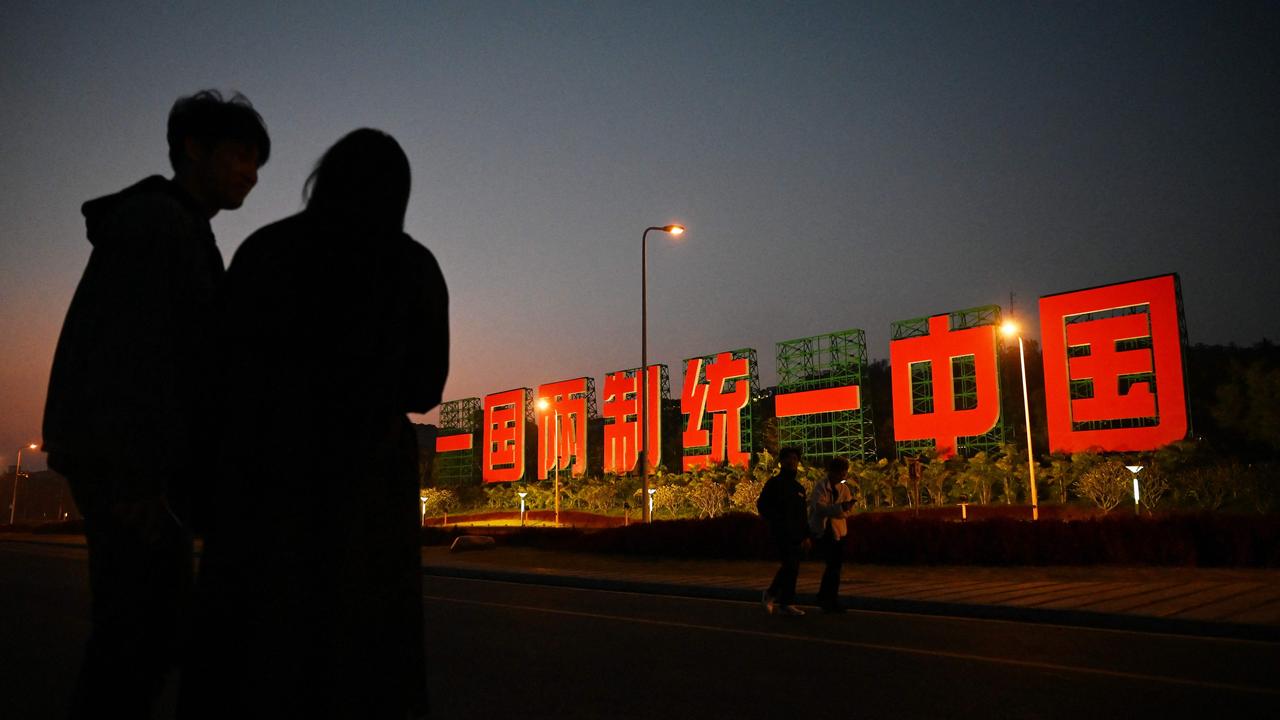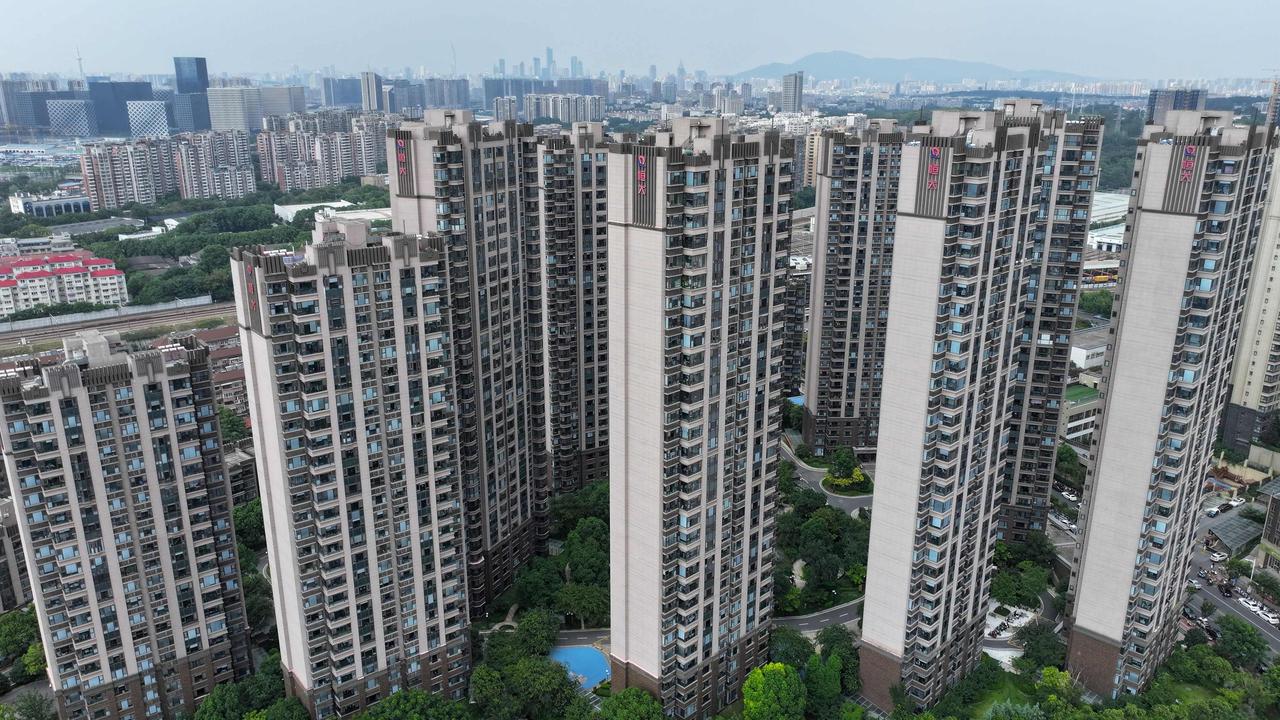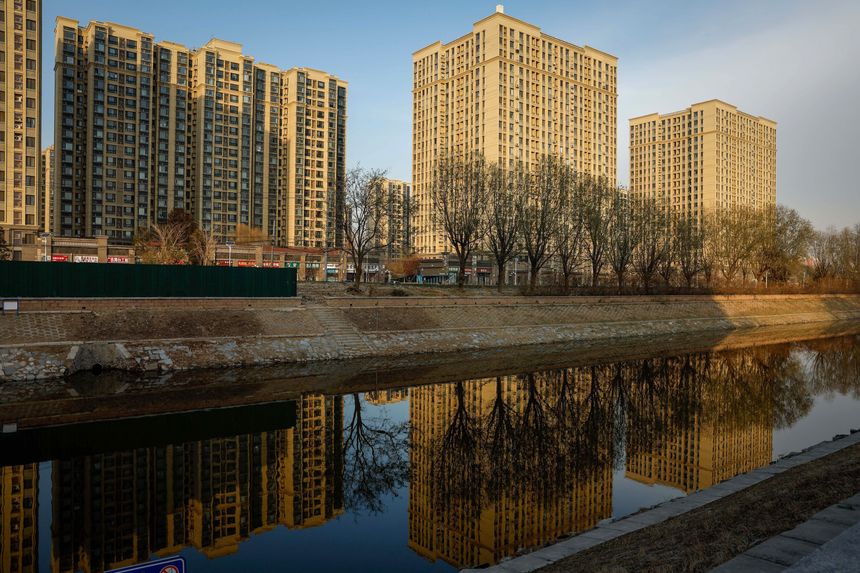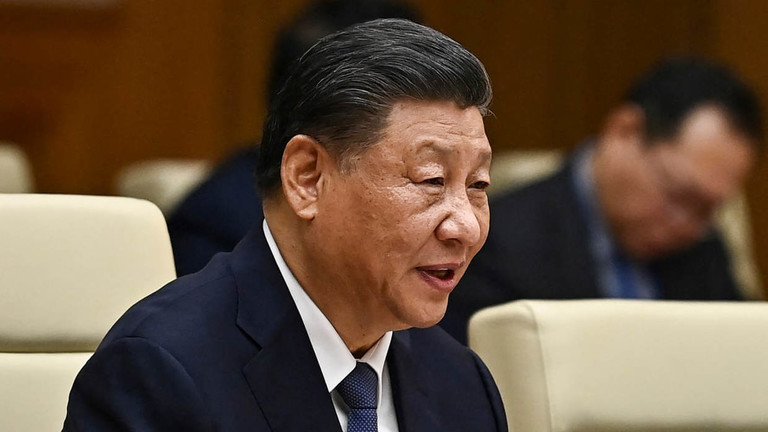China’s population decline accelerates towards crisis amid terrible new economic figures
China’s population decline accelerated in 2023, official data showed on Wednesday, extending a downward streak after more than six decades of growth as the country battles a looming demographic crisis.
Once the world’s most populous country, China was overtaken by India last year, with Beijing now scrambling to boost falling birthrates through subsidies and pro-fertility propaganda.
“By the end of 2023, the national population was 1,409.67 million … a decrease of 2.08 million over that at the end of 2022,” Beijing’s National Bureau of Statistics (NBS) said Wednesday.
Last year’s decline was more than double the fall reported for 2022, when the country lost 850,000 people as its population shrank for the first time since 1960.
“In 2023, the number of births was 9.02 million with a birthrate of 6.39 per thousand,” the NBS said Wednesday, down from 9.56 million births in 2022.

China ended its strict “one-child policy”, imposed in the 1980s amid overpopulation fears, in 2016 and started letting couples have three children in 2021.
But that has failed to reverse the demographic decline for a country that has long relied on its vast workforce as a driver of economic growth.
Many blame falling birthrates on the soaring cost of living, as well as the growing number of women going into the workforce and seeking higher education.
“The trend of China’s population decline is basically impossible to reverse,” He Yafu, an independent Chinese demographer, told AFP.
“Even if fertility is encouraged, it is impossible for China’s fertility rate to rise to replacement level, because now the younger generation has fundamentally changed its conception of fertility and is generally unwilling to have more children,” He said.
To postpone an economic crisis as the pool of working-age adults shrinks, He said the government should roll out more incentives including childrearing stipends, “developing universal childcare services, and increasing the rate of children under the age of three entering nursery schools”.
Horror economic figures
China’s economy last year suffered one of its worst annual performances in more than three decades, official figures showed Wednesday, as the country battled a crippling property crisis, sluggish consumption and global turmoil.
Gross domestic product expanded 5.2 per cent to hit 126 trillion yuan ($27 trillion), China’s national bureau of statistics reported.
Official GDP figures remain a key source of insight into the health of the world’s second-largest economy, despite being eminently political.
Wednesday’s reading is an improvement on the three per cent growth recorded in 2022, a year that saw business activity hammered by tight health curbs designed to contain Covid-19.
But excluding the pandemic years, 2023 marked China’s weakest performance since 1990.
After lifting its draconian pandemic measures at the end of 2022, Beijing set itself a growth target of “around five per cent” for last year.
The economy enjoyed an initial post-pandemic rebound, but ran out of steam within months as a lack of confidence among households and businesses battered consumption.

An intractable real estate crisis, record youth unemployment and a global slowdown are also gumming the gears of the Chinese growth engine.
The country’s exports — historically a key growth lever — fell last year for the first time since 2016, according to figures published by the customs agency on Friday.
Geopolitical tensions with the United States and efforts by some Western nations to reduce dependence on China or diversify their supply chains have also hit growth.
Officials are due to release their growth target for 2024 in March.
‘Opportunity’
Weighed down by a lack of business confidence and sluggish consumption, China has sought to lure back international investors.
Speaking at the annual meeting of global elites in Davos on Tuesday, Premier Li Qiang painted a bullish picture of the Chinese economy.
“No matter how the world situation changes, China will adhere to its basic national policy of opening up to the outside world,” Li said.
He added that “the door to opening up will only get wider and wider”. “Choosing the Chinese market is not a risk but an opportunity,” he said. But risks abound — most prominently in the country’s teetering real estate market.
The sector has long accounted for around a quarter of China’s economy, and experienced dazzling growth for two decades.
But financial woes at major firms such as Evergrande and Country Garden are now fuelling buyer mistrust against a backdrop of unfinished housing developments and falling prices.
Property has long been seen by many Chinese as a safe place to park savings, but price drops have hit their wallets hard.
Also weighing down the economy is a lack of jobs for the country’s youth. A record of more than one in five people aged 16 to 24 in China were unemployed in May, according to officials.
Beijing has since suspended the monthly publication of youth unemployment figures.
Keywords
Newer articles
<p>A bill that will ban TikTok in the United States unless its Chinese owner divests from the company has passed overwhelmingly.</p>
Congress gets closer to forcing TikTok to be sold or face US ban: What's ne
Israel Iran attack: Damage seen at air base in Isfahan
Ukraine ‘will have a chance at victory’ with new US aid, Zelenskyy says
Ukraine war: Kyiv uses longer-range US missiles for first time
House passes potential TikTok ban that could speed through Senate
Who will be Trump’s VP? A shortlist
Congress passes bill that could ban TikTok after years of false starts
How soon could US ban TikTok after Congress approved bill?
Finally, America’s Congress does right by Ukraine




